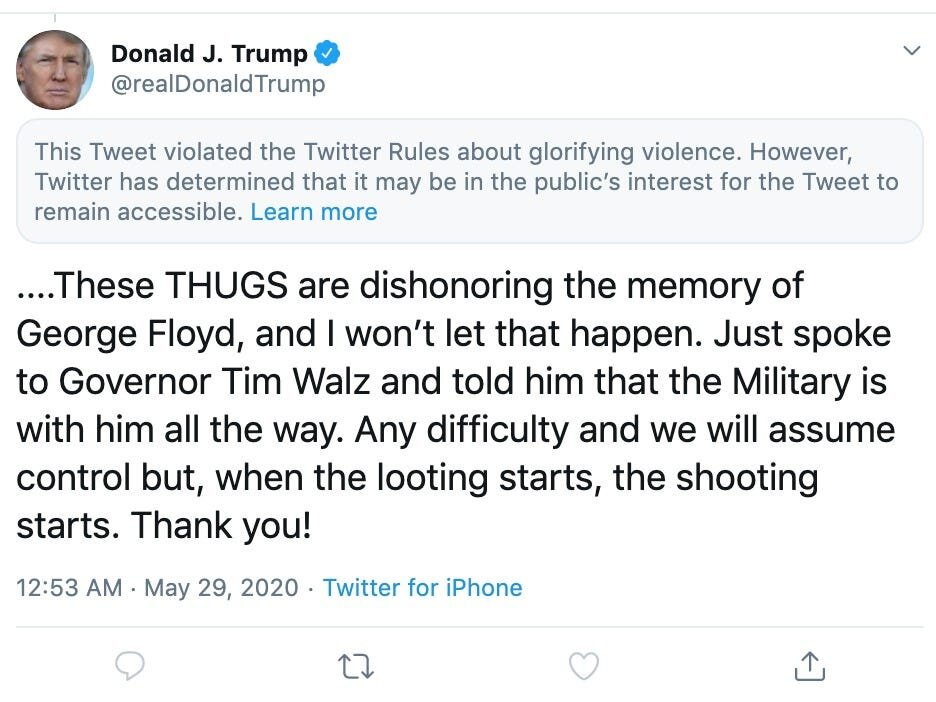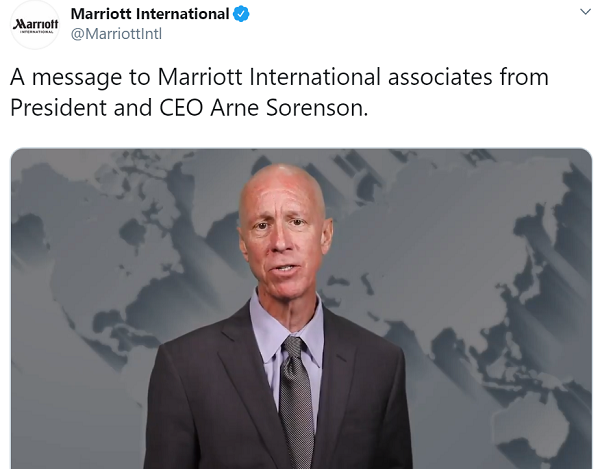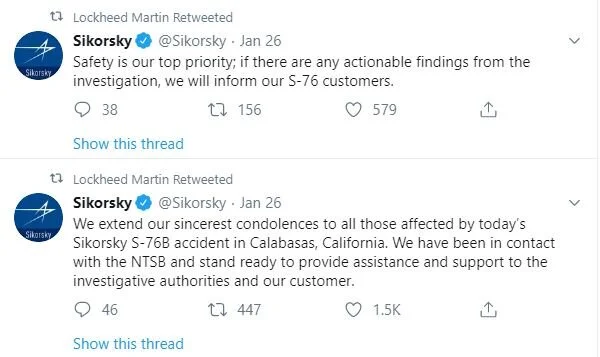Colleges React to Racist Posts
/George Floyd’s killing has sparked protests around the world as well as backlash. A Chronicle of Higher Education article describes a few colleges acting quickly—within one day—after seeing a current or an admitted student’s racist post.
In a statement, The University of Denver condemned racist posts and announced, “The University has rescinded the student’s admission offer and they will not be attending DU.”
Some pubic universities, such as Missouri State, have published statements but are not expelling students or rescinding admission offers. President Clif Smart explains the university’s stance in a blog post.
Discussion:
Should universities expel students or rescind offers after finding racist posts? If so, under what circumstances?
Should students know better—both morally and practically—than to post racist comments, memes, videos, etc.?
Analyze and compare the two university statements. Who are the primary and secondary audiences? How well does each convey the main points, balancing various audience needs?
















